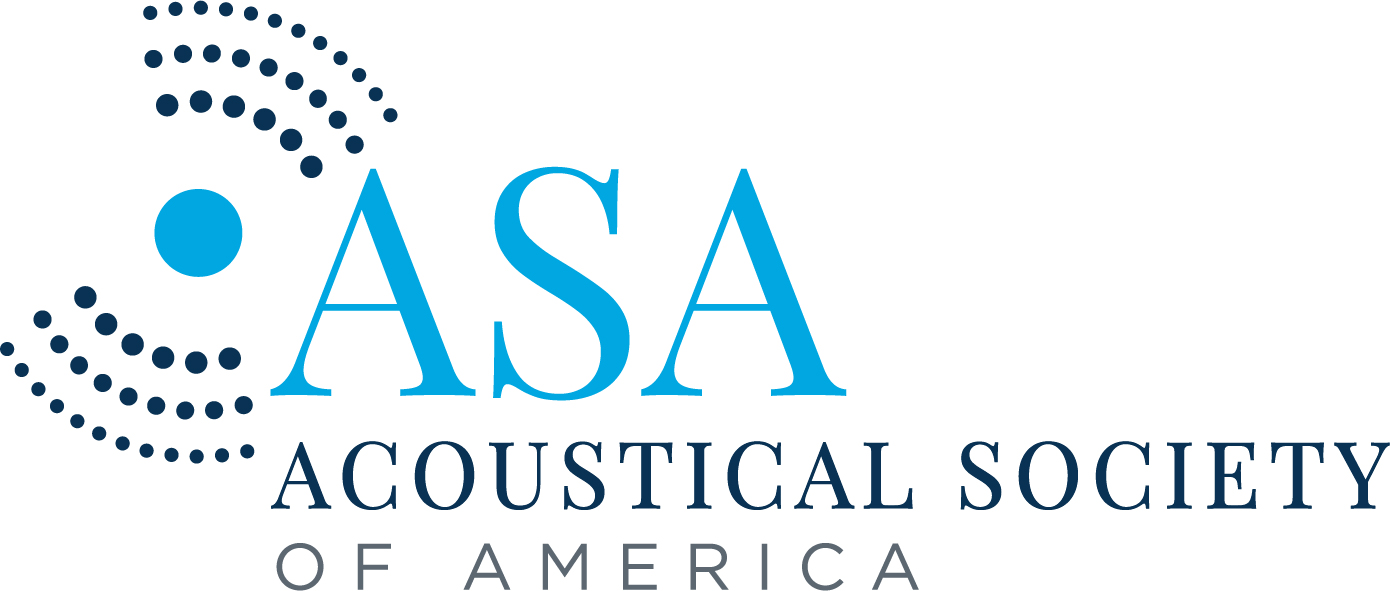Rosario Signorello – rsignorello@ucla.edu
Department of Head and Neck Surgery
31-20 Rehab Center,
Los Angeles, CA 90095-1794
Phone: +1 (323) 703-9549
Popular version of paper 1pSC26 “Acoustics and Perception of Charisma in Bilingual English-Spanish 2016 United States Presidential Election Candidates”
Presented at the 171st Meeting on Monday May 23, 1:00 pm – 5:00 pm, Salon F, Salt Lake Marriott Downtown at City Creek Hotel, Salt Lake City, Utah,
Charisma is the set of leadership characteristics, such as vision, emotions, and dominance used by leaders to share beliefs, persuade listeners and achieve goals. Politicians use voice to convey charisma and appeal to voters to gain social positions of power. “Charismatic voice” refers to the ensemble of vocal acoustic patterns used by speakers to convey personality traits and arouse specific emotional states in listeners. The ability to manipulate charismatic voice results from speakers’ universal and learned strategies to use specific vocal parameters (such as vocal pitch, loudness, phonation types, pauses, pitch contours, etc.) to convey their biological features and their social image (see Ohala, 1994; Signorello, 2014a, 2014b; Puts et al., 2006). Listeners’ perception of the physical, psychological and social characteristics of the leader is influenced by universal ways to emotionally respond to vocalizations (see Ohala, 1994; Signorello, 2014a, 2014b) combined with specific, culturally-mediated, habits to manifest emotional response in public (Matsumoto, 1990; Signorello, 2014a).
Politicians manipulate vocal acoustic patterns (adapting them to the culture, language, social status, educational background and the gender of the voters) to convey specific types of leadership fulfilling everyone’s expectation of what charisma is. But what happen to leaders’ voice when they use different languages to address voters? This study investigates speeches of bilingual politicians to find out the vocal acoustic differences of leaders speaking in different languages. It also investigates how the acoustical differences in different languages can influence listeners’ perception of type of leadership and the emotional state aroused by leaders’ voices.
We selected vocal samples from two bilingual America-English/American-Spanish politicians that participated to the 2016 United States presidential primaries: Jeb Bush and Marco Rubio. We chose words with similar vocal characteristics in terms of average vocal pitch, vocal pitch range, and loudness range. We asked listeners to rate the type of charismatic leadership perceived and to assess the emotional states aroused by those voices. We finally asked participants how the different vocal patterns would affect their voting preference.
Preliminary statistical analyses show that English words like “terrorism” (voice sample 1) and “security” (voice sample 2), characterized by mid vocal pitch frequencies, wide vocal pitch ranges, and wide loudness ranges, convey an intimidating, arrogant, selfish, aggressive, witty, overbearing, lazy, dishonest, and dull type of charismatic leadership. Listeners from different language and cultural backgrounds also reported these vocal stimuli triggered emotional states like contempt, annoyance, discomfort, irritation, anxiety, anger, boredom, disappointment, and disgust. The listeners who were interviewed considered themselves politically liberal and they responded that they would probably vote for a politician with the vocal characteristics listed above.
Speaker Jeb Bush. Mid vocal pitch frequencies (126 Hz), wide vocal pitch ranges (97 Hz), and wide loudness ranges (35 dB)
Speaker Marco Rubio. Mid vocal pitch frequencies 178 Hz), wide vocal pitch ranges (127 Hz), and wide loudness ranges (30 dB)
Results also show that Spanish words like “terrorismo” (voice sample 3) and “ilegal” (voice sample 4) characterized by an average of mid-low vocal pitch frequencies, mid vocal pitch ranges, and narrow loudness ranges convey a personable, relatable, kind, caring, humble, enthusiastic, witty, stubborn, extroverted, understanding, but also weak and insecure type of charismatic. Listeners from different language and cultural backgrounds also reported these vocal stimuli triggered emotional states like happiness, amusement, relief, and enjoyment. The listeners who were interviewed considered themselves politically liberal and they responded that they would probably vote for a politician with the vocal characteristics listed above.
Speaker Jeb Bush. Mid-low vocal pitch frequencies (95 Hz), mid vocal pitch ranges (40 Hz), and narrow loudness ranges (17 dB)
Speaker Marco Rubio. Mid vocal pitch frequencies 146 Hz), wide vocal pitch ranges (75 Hz), and wide loudness ranges (25 dB)
Voice is a very dynamic non-verbal behavior used by politicians to persuade the audience and manipulate voting preference. The results of this study show how acoustic differences in voice convey different types of leadership and arouse differently the emotional states of the listeners. The voice samples studied show how speakers Jeb Bush and Marco Rubio adapt their vocal delivery to audiences of different backgrounds. The two politicians voluntary manipulate their voice parameters while speaking in order to appear as they were endowed of different leadership qualities. The vocal pattern used in English conveys the threatening and dark side of their charisma, inducing the arousal of negative emotions, which triggers a positive voting preference in listeners. The vocal pattern used in English conveys the charming and caring side of their charisma, inducing the arousal of positive emotions, which triggers a negative voting preference in listeners.
The manipulation of voice arouses emotional states that will induce voters to consider a certain type of leadership as more appealing. Experiencing emotions help voters to assess the effectiveness of a political leader. If the emotional arousing matches with voters’ expectation of how a charismatic leader should make them feel then voters would help the charismatic speaker to became their leader.
References
Signorello, R. (2014a). Rosario Signorello (2014). La Voix Charismatique : Aspects Psychologiques et Caractéristiques Acoustiques. PhD Thesis. Université de Grenoble, Grenoble, France and Università degli Studi Roma Tre, Rome, Italy.
Signorello, R. (2014b). The biological function of fundamental frequency in leaders’ charismatic voices. The Journal of the Acoustical Society of America 136 (4), 2295-2295.
Ohala, J. (1984). An ethological perspective on common cross-language utilization of F0 of voice. Phonetica, 41(1):1–16.
Puts, D. A., Hodges, C. R., Cárdenas, R. A. et Gaulin, S. J. C. (2007). Men’s voices as dominance signals : vocal fundamental and formant frequencies influence dominance attributions among men. Evolution and Human Behavior, 28(5):340–344.
